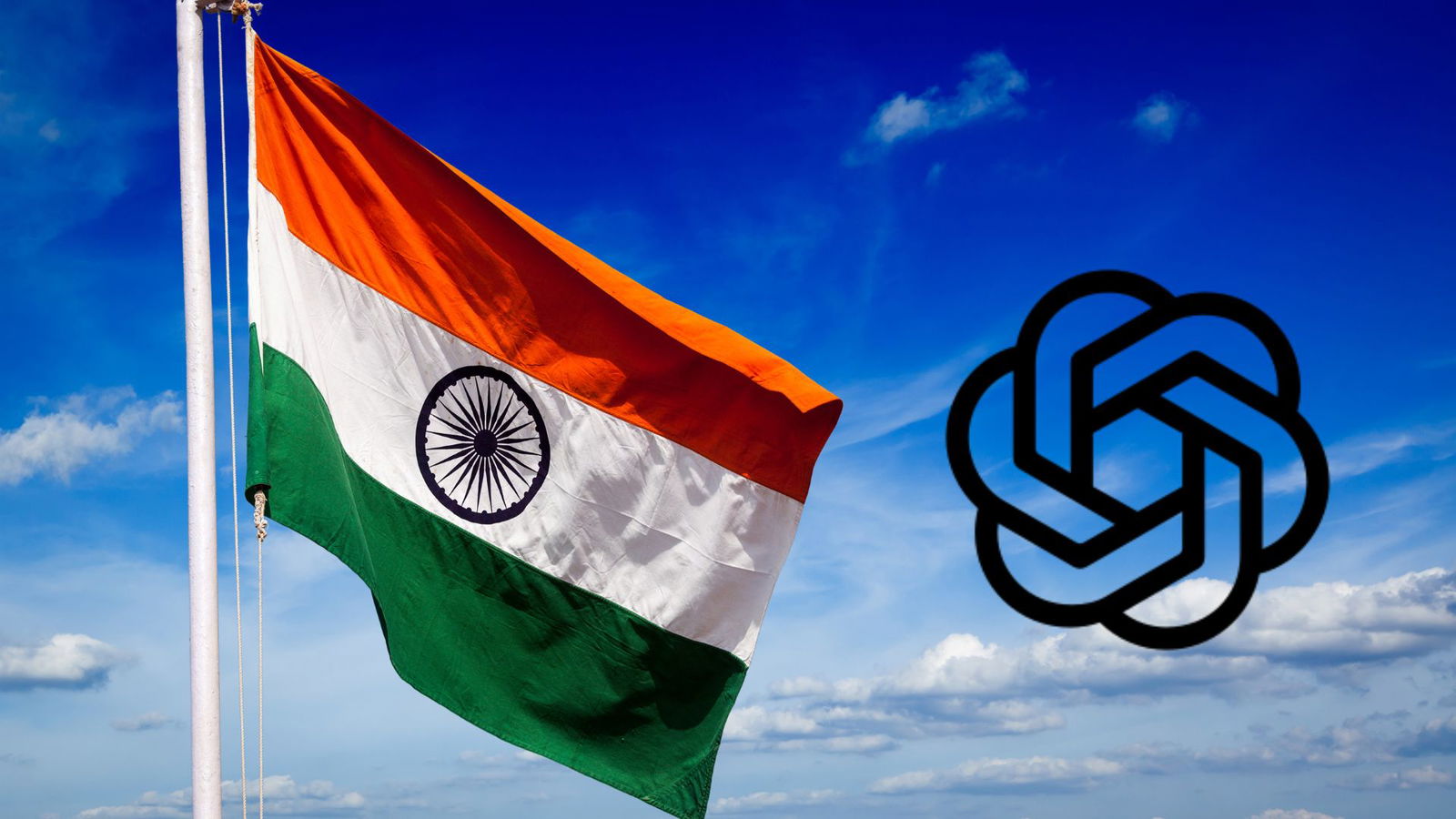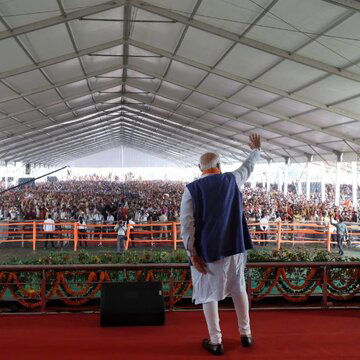In a bold push to dominate the world’s fastest-growing digital market, global tech giants are rolling out free access to artificial intelligence tools across India. Starting this week, millions of Indians will be able to use ChatGPT’s new, low-cost “Go” AI chatbot free for a year which is a part of a trend that includes similar tie-ups from Google and Perplexity AI.
While Google has partnered with Reliance Jio to offer discounted AI services with data plans, Perplexity has joined hands with Airtel, India’s second-largest network provider, to give free access to its search platform. Analysts say this sudden generosity is not a coincidence but it’s a calculated bet on India’s massive digital future.
Also Read | India targets Mars landing, when will ISRO start the 'Mangalyaan-2' mission?
Hooking India’s next billion users
“The plan is to get Indians hooked on to generative AI before asking them to pay for it,” Tarun Pathak, an analyst at Counterpoint Research, told BBC. With more than 900 million internet users, with a majority under the age of 24, India offers scale, diversity, and data richness unmatched anywhere else.
Companies like OpenAI, Google, and Perplexity are using these partnerships to collect valuable first-hand data that can help train and localize their AI models. “India’s AI use cases will serve as valuable case studies for the rest of the world,” Pathak said.
However, this expansion comes with growing concerns about data privacy. “Most users have always been willing to give up data for convenience or something free — and that will continue,” Delhi-based tech analyst Prasanto K. Roy said.
Regulation still playing catch-up
India’s Digital Personal Data Protection Act (DPDP) 2023 has been passed but is yet to be implemented. Experts say while the law introduces broad safeguards, it doesn’t yet cover AI-specific accountability or transparency standards.
“For now, India’s flexible regulatory environment makes it easier for companies to bundle AI tools with telecom plans,” Mahesh Makhija from Ernst & Young told BBC. In contrast, stricter frameworks in regions like the EU or South Korea make such offers harder to roll out.
Also Read | OpenAI bars ChatGPT from medical, legal or financial consultancy
Roy added that India needs “light-touch regulation” for now, one that encourages innovation but evolves as risks become clearer.
For tech companies, the goal is simple: hook millions early and turn even a small fraction into paying users later. As Pathak noted, “Even if just 5% of free users become subscribers, that’s still a significant number.”











